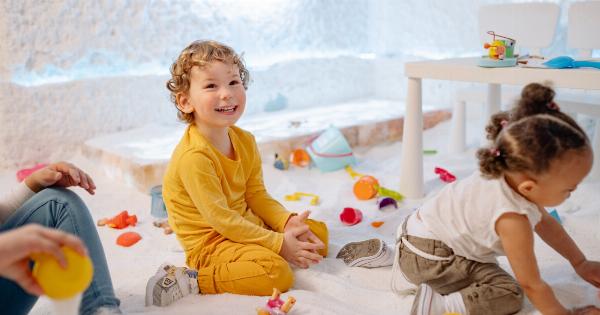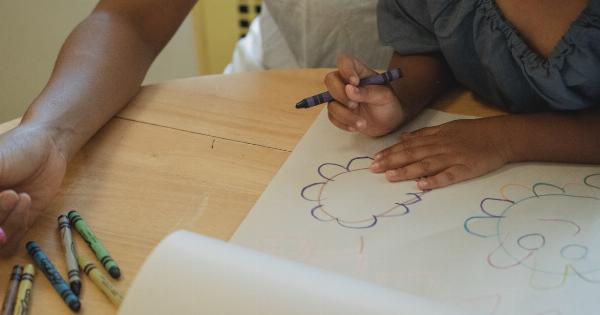Going through a breakup is already emotionally challenging, but when children are involved, the situation becomes even more complex.
As parents, it is crucial to handle the aftermath of a separation or divorce in a way that minimizes the negative impact on the kids. Alexandra Kappatou, a renowned psychologist specializing in child psychology, offers valuable insights and psychological tips on how to navigate a breakup with children.
1. Prioritize Open Communication
During a breakup, it’s essential to maintain open lines of communication with your children. Encourage them to express their feelings and concerns, while also actively listening to their thoughts.
Acknowledge their emotions, assure them of your love, and answer any questions they may have honestly and age-appropriately. This open dialogue helps create a safe space for children to process their emotions.
2. Provide Stability and Routine
Children thrive on stability and routine, so it’s vital to maintain these aspects in their lives after a breakup. Stick to established schedules for meals, bedtime, school, and activities.
Consistency and predictability provide a sense of security during uncertain times, reassuring children that despite the changes, they can rely on familiar routines and structures.
3. Avoid Putting Children in the Middle
Divorce or separation can create tensions between parents, but it’s crucial to shield children from these conflicts. Avoid putting them in the middle by involving them in adult matters or using them as messengers.
Co-parenting should focus on the well-being of the children, with both parents working together and prioritizing their needs.
4. Monitor and Validate Emotions
Children may experience a range of emotions during and after a breakup, including sadness, anger, confusion, and even guilt. It’s important for parents to monitor these emotions and offer validation and support.
Encourage children to express their feelings in healthy ways, such as through talking, drawing, writing, or engaging in physical activities.
5. Seek Professional Help if Necessary
If you notice that your child is struggling to adjust to the breakup, it may be beneficial to seek professional help. Consulting a child psychologist or therapist can provide children with coping mechanisms and a safe space to process their emotions.
Professional intervention can facilitate healing and help them navigate the transition more effectively.
6. Practice Self-Care as a Parent
Handling a breakup is emotionally draining, but it’s important for parents to prioritize self-care. Taking care of your own mental and physical health allows you to be more present and available for your children.
Engage in activities that rejuvenate you, seek support from friends and family, and consider therapy or counseling if necessary.
7. Encourage Healthy Coping Mechanisms
Teach children healthy coping mechanisms to deal with the challenges of a breakup. Encourage activities such as journaling, drawing, playing sports, or engaging in hobbies that allow them to express themselves.
Provide them with a safe outlet to vent their frustrations and emotions, helping them develop resilience and emotional intelligence.
8. Ensure Both Parents Are Involved
Divorce or separation shouldn’t mean one parent is completely absent from a child’s life. Both parents should maintain an active and involved presence whenever possible. Encourage regular contact, visits, and shared parenting responsibilities.
The continuous involvement of both parents helps children maintain a sense of connection, stability, and love.
9. Foster a Positive Co-Parenting Relationship
Co-parenting can be challenging, but fostering a positive relationship with your ex-spouse or partner is paramount.
Establish open lines of communication, be respectful toward one another, and work together for the well-being and happiness of your children. Model healthy conflict resolution and demonstrate your commitment to cooperation.
10. Emphasize Love and Reassurance
Throughout the breakup process, make it a priority to emphasize your love and reassurance to your children. Remind them that the love between parents and children is constant, even if circumstances change.
Assure them that the separation is not their fault and that both parents will continue to love and care for them.
Conclusion
Handling a breakup with children requires sensitivity, patience, and understanding.
By prioritizing open communication, stability, and routine, avoiding involving children in conflicts, monitoring and validating their emotions, seeking professional help when needed, practicing self-care as a parent, encouraging healthy coping mechanisms, ensuring the involvement of both parents, fostering positive co-parenting, and emphasizing love and reassurance, parents can help their children navigate this challenging time with resilience and emotional well-being.





























